Translating Screen-Time to “Me Time”
The Questions That Help Teens Build Discernment
Conducting an emotional cost/benefit analysis of the effects of the media on the well-being of teenagers is no easy thing. Especially when the negative impact is so blaringly clear. Most caring adults would prefer that their young ones spend less time online, and so most households engage in their own debate over the issue.
Since there is no going back from the digital age, it’s important to name the ways that media exposure is positive for youth. They have the ability to: connect with needed support systems, create an online presence, join a social network, or access information quickly and efficiently. Most classrooms encourage digital research as a foundational component to education, which equips young people with the skills needed in higher education and the world at large.
Unsurprisingly, there is also clear evidence that the media sources teens turn to each day for information, entertainment and distraction, have a negative impact on their self-esteem. No one can learn about their inner life from other people’s outer life. Yet the allure of videos, memes and celebrity chatter is almost irresistible for all of us, and is especially so for teens.
Adolescence is a life stage famous for expanding an understanding of oneself through the observation of others. Teens are constantly determining what works for them by watching others’ behaviors, choices and beliefs. It’s part of the reason why cancel culture and peer pressure are so damaging to young people. Other’s opinions and actions weigh heavy at this stage and far too often, the media only exacerbates things.
According to the Mayo Clinic, a 2019 study of more than 6,500 12- to 15-year-olds in the U.S. found that those who spent more than three hours a day using social media might be at heightened risk for mental health problems.
Other studies also have observed links between high levels of social media use and depression or anxiety symptoms. A 2016 study of more than 450 teens found that greater social media use, nighttime social media use and emotional investment in social media — such as feeling upset when prevented from logging on — were each linked with worse sleep quality and higher levels of anxiety and depression.
Intense media use can be particularly problematic for the LGBTQ-Plus community. Studies show that viewing sexually explicit material has correlated with higher levels of anxiety, depression and negative body image for participants who identified as Queer.
By naming the problem directly, we give rise to a solution in the form of discernment. Sharing a statistic, like the one shown above, encourages teens to create a barrier between the images on the screen and the way they view themselves. This barrier could take the form of a check-in with oneself: How do I feel about myself when I view this image?
Helping teens connect with different sides of themselves in response to the tidal wave of media images they receive each day, strengthens their self-esteem and the ability for personal discernment.
Here are some Questions young people can ask themselves that not only assist in separating from “the noise” of the media, but also build self-knowledge:
Does my body feel heavier or lighter when I look at this content?
Does this content help me understand myself any better?
Do I notice that my self-judgement increases in a negative way when viewing this content?
Do I notice I tend to compare myself to the person I’m observing on my screen?
Do I tend to think more about the images I see online versus the people I know in my life?
Do the people I follow online help me get closer to my friends and family?
Do I believe I have a healthy balance of both screen time and “me time” in my weekly schedule?
When young people ask these questions, they are more likely to build a healthy media barrier. One that allows for continued use, but not at the expense of personal well-being, real life relationships, and a healthy self-concept.
At BSBW, we are committed to helping young people build self-knowledge as a tool not only for personal safety, but also for greater discernment in all aspects of life. For more information on our course offerings proven to lower sexual misconduct school-wide, go to: https://www.bestrongbewise.com

